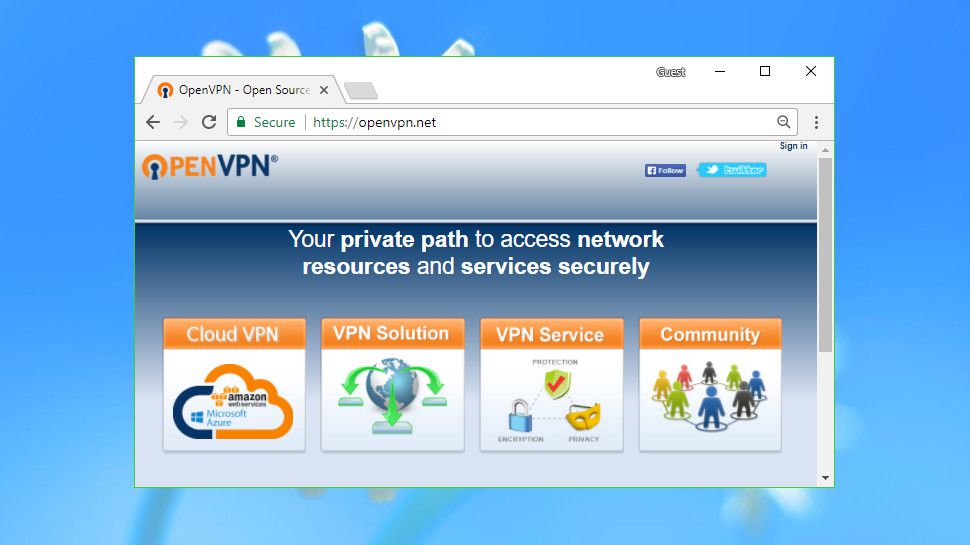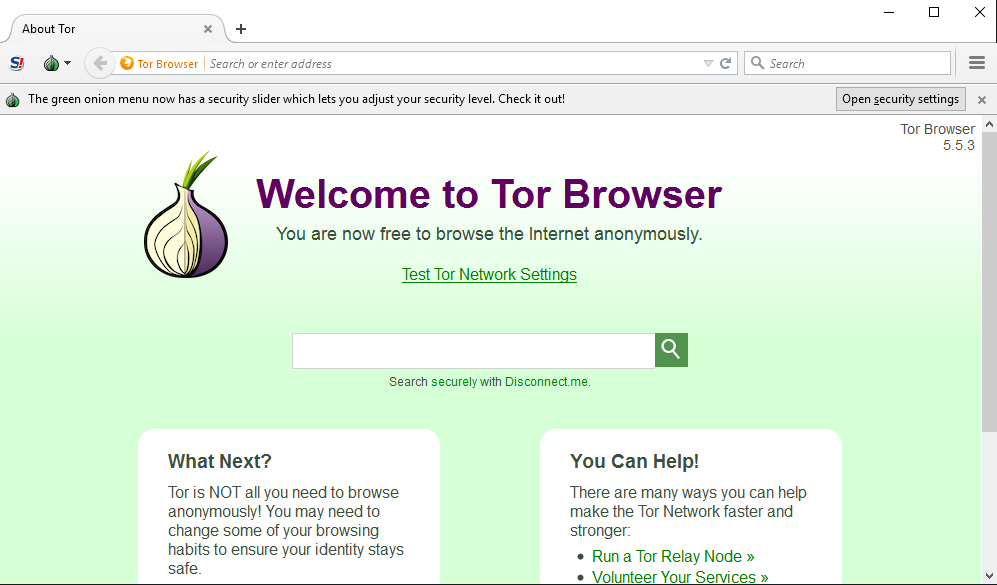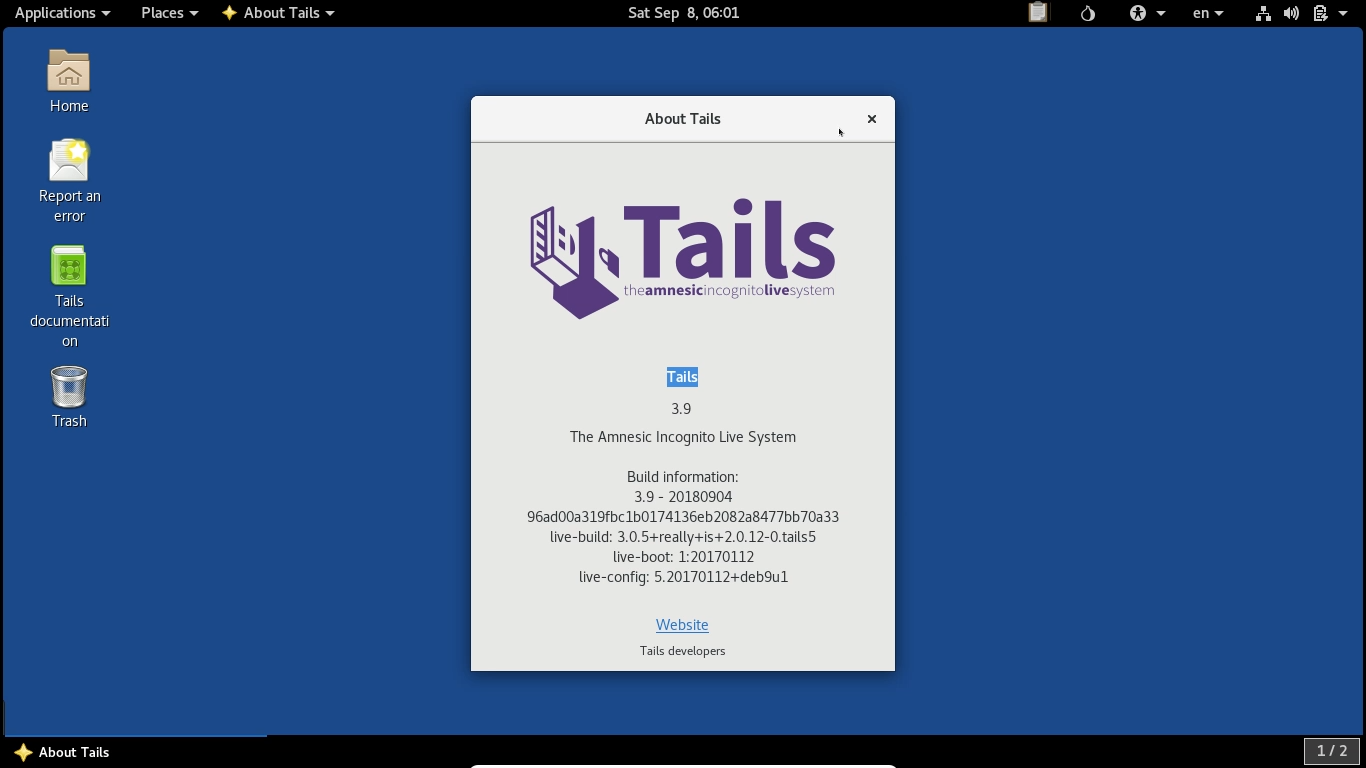In general, the most secure software is open source. Even old, underfunded open-source security projects can still withstand the onslaught of exploits and invasions by the NSA.
Open source has one main advantage over closed-source software: the code is public and can be inspected by anyone, which leaves little to no room for secret backdoors.
Here are five open-source security projects that promote internet privacy.
5 Best Open Source Security Projects
| Open Source Security Projects | Key Features |
| OpenVPN | point-to-point internet access at no fee well-established VPN service |
| Tor | most reliable ways online security and privacy |
| PGP/GPG | open-source security software it’s among the most trusted |
| OpenDNS | preventing access to risky sites Improve the safety of an internet connection |
| Tails OS | read-only DVD or USB drive A Linux-based operating system |
Top 5 Open Source Security Projects
1. OpenVPN

OpenVPN is an open-source security VPN-protocol that enables point-to-point internet access at no fee.
As people become increasingly concerned about their online security and privacy, VPNs are becoming a crucial tool for browsing the internet.
OpenVPN continues to get a lot of attention. This is partly because it’s an open source, but its main advantage is that it’s free.
However, it is important to keep in mind that using OpenVPN requires some level of technical knowledge about VPNs so beginners might find it a bit daunting.
The best way to use OpenVPN is through a well-established VPN service. You can easily choose OpenVPN once you’ve signed up for a leading VPN service and set it up on your device.
Be sure to review comparisons of various VPN services to find the most suitable one for your needs and budget.
2. Tor

Tor (or The Onion Router) is one of the leading and most reliable ways of browsing the internet without anyone following you online. The network routes your traffic through several relays, making it essentially impossible for someone to trace your identity.
This tool lets you anonymously access regular sites and .onion sites (these are only accessible through the (Tor browser).
Tor users include journalists, undercover law enforcement officers, activists, whistle-blowers, business executives, bloggers, and normal people concerned about their online privacy.
3. PGP/GPG

One of the main hurdles that the intelligence community faces is an email system that is impossible to crack.
Initially released in 1991, “Pretty Good Privacy” (PGP), is a popular privacy tool among internet users because it has yet to be cracked.
The modern version of PGP exists on Gnu Privacy Guard (GPG), a software that is easier to use than the original incarnation of PGP.
GPG is available for all major device platforms, including Windows, Mac, and Linux.
Even though Symantec acquired PGP, GPG is still an open-source security software that many in the security community stand by.
Of all secure encrypted email systems, it’s among the most trusted.
One of this tool’s main advantages is that you can integrate it with your existing email.
4. OpenDNS

The purpose of OpenDNS, an open-source security project is to improve the safety of an internet connection without compromising on its speed and reliability.
OpenDNS also aims to protect against botnets and malware by filtering traffic for home users.
It does this by preventing access to risky sites and sites that serve as honeypots. Like other open-source projects, OpenDNS is free.
5. Tails OS

Tail OS, A Linux-based operating system caught people’s attention after it received a favorable assessment in a name-check by Edward Snowden, the famed American whistle-blower who leaked classified NSA information.
Tails OS is considered a multipurpose solution for users looking for an operating system that is untraceable because it runs from a read-only DVD or USB drive.
This
You can follow us on Linkedin, Twitter, and Facebook for daily Cybersecurity updates also you can take the Best Cybersecurity courses online to keep your self-updated.



.png
)
